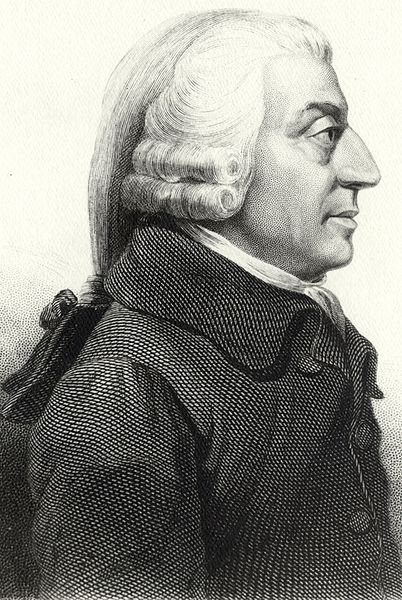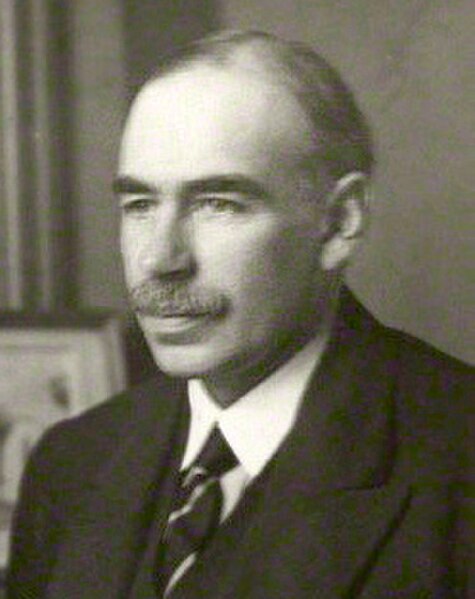Evolutionary economics is a school of economic thought that is inspired by evolutionary biology. Although not defined by a strict set of principles and uniting various approaches, it treats economic development as a process rather than an equilibrium and emphasizes change, innovation, complex interdependencies, self-evolving systems, and limited rationality as the drivers of economic evolution. The support for the evolutionary approach to economics in recent decades seems to have initially emerged as a criticism of the mainstream neoclassical economics, but by the beginning of the 21st century it had become part of the economic mainstream itself.
From peace and harmony... (Lucas Cranach the Elder, The Golden Age)
... to war and sorrow (Virgil Solis, The Iron Age)
Thorstein Veblen is considered by many as the "father" of evolutionary economics.
Known for his Unified Growth Theory, Oded Galor employs principles that may belong to evolutionary economics.
Economics is a social science that studies the production, distribution, and consumption of goods and services.
A 1638 painting of a French seaport during the heyday of mercantilism
The publication of Adam Smith's The Wealth of Nations in 1776 is considered to be the first formalisation of economic thought.
The Marxist critique of political economy comes from the work of German philosopher Karl Marx.
John Maynard Keynes was a key theorist in economics.








